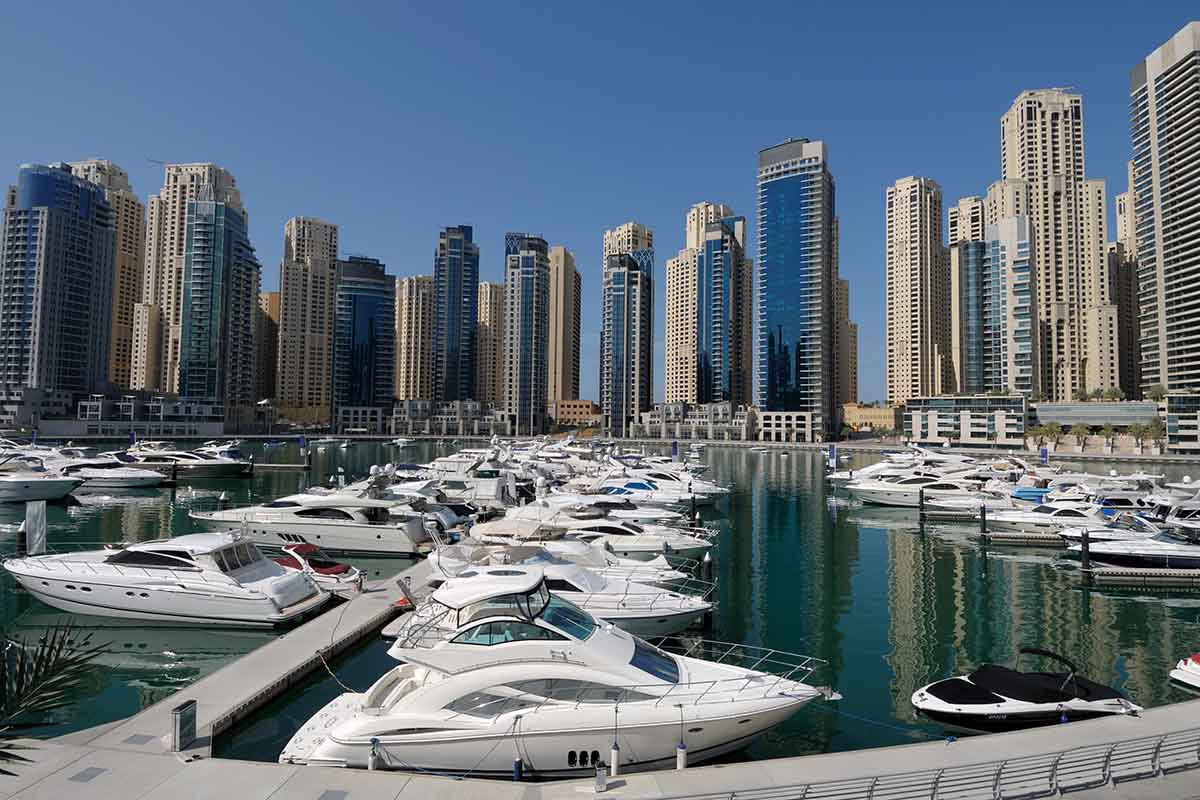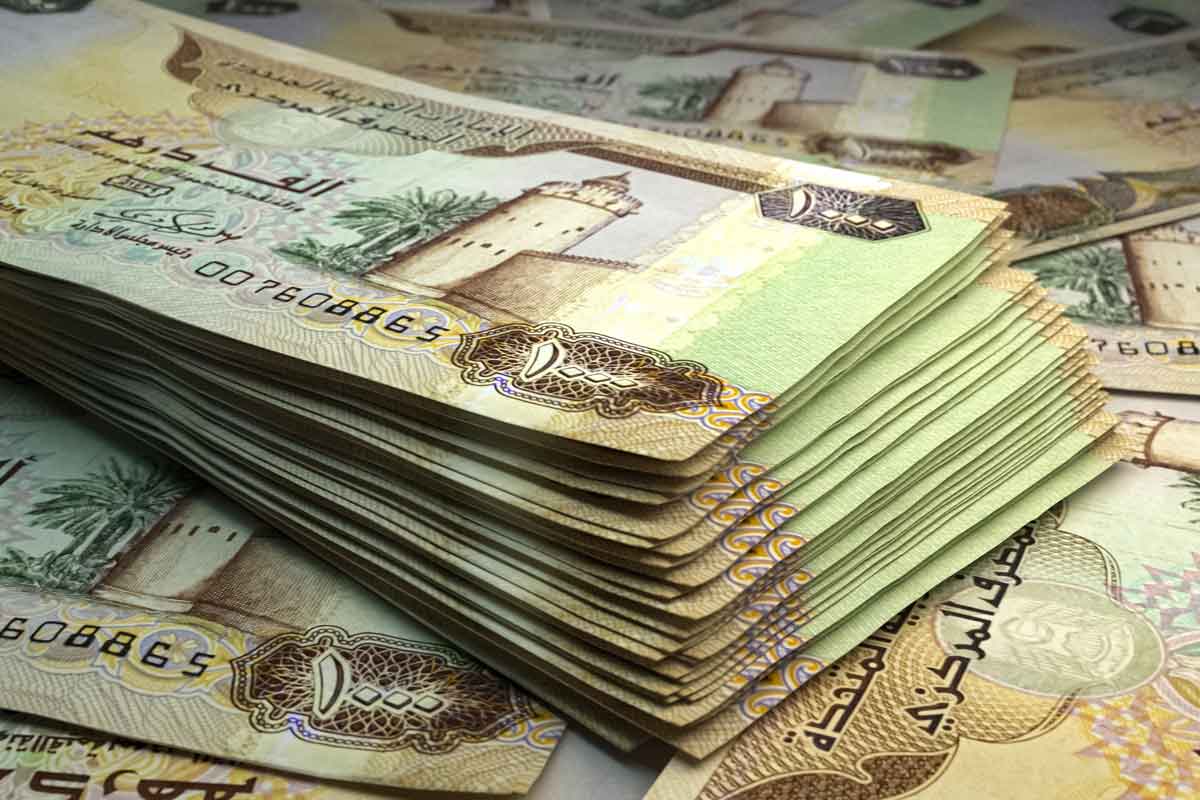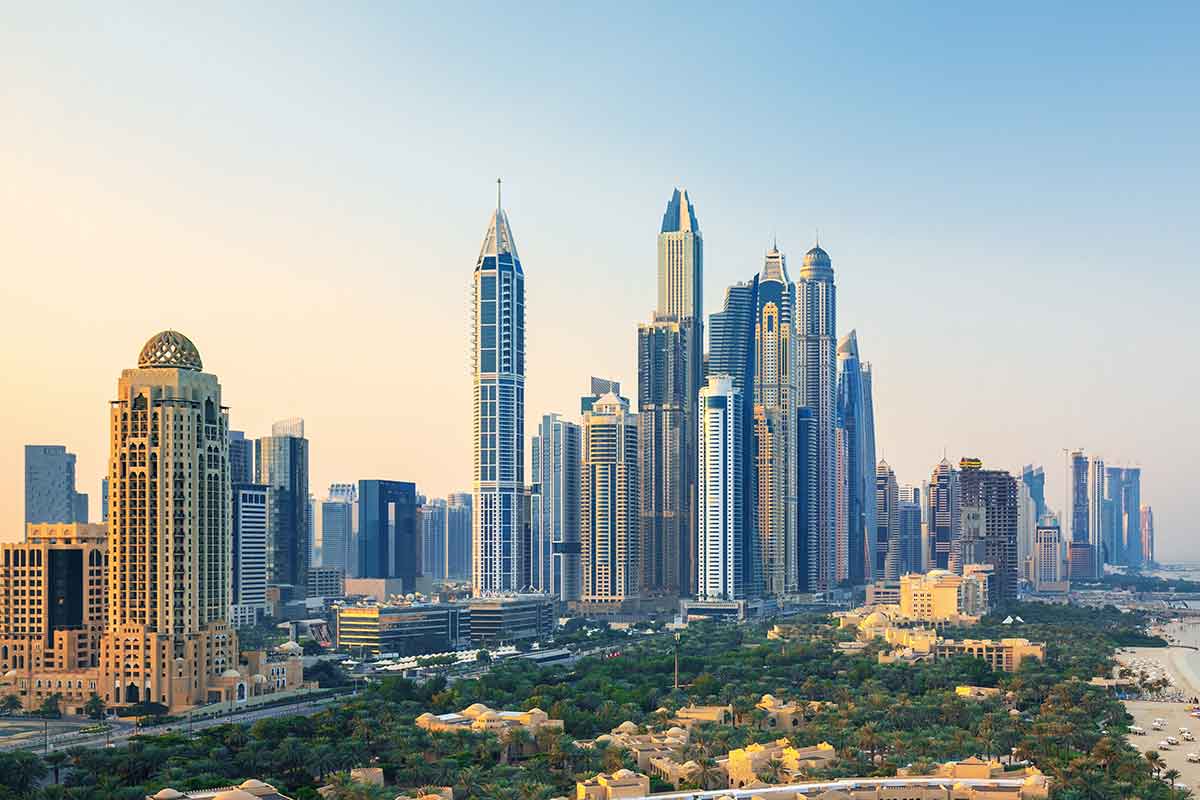Retirement in Dubai: How much do you need to save to retire comfortably?

Dubai expats revealed that their retirement income exceeds $100,000 per year to live comfortably. Here’s how, according to personal finance experts, you can achieve this.
As Dubai strengthens its position as a leading business and travel hub, it is also increasingly seen as the best retirement destination in the region, particularly among long-term expats who are not yet ready to give up the city's many conveniences.
With the rising cost of living, careful financial planning is essential to securing a comfortable retirement. But what is a reasonable savings target to aim for?
According to a survey conducted by Arabian Business on Instagram, an incredible 57% of respondents believe that a retirement income of over $150,000 per year is necessary to live comfortably in the emirate. Another 24% believe that $100,000–$150,000 per year is sufficient, while 14% chose $50,000–$100,000, and only 6% thought that $20,000–$50,000 per year would be enough.
Dubai Expats Differ on Retirement Savings Goals
"Between $100,000 and $150,000 per year is enough," said 24-year-old marketing manager Muskaan Chelani to Arabian Business.
"When retiring in Dubai, you have already arranged your housing and secured all necessary amenities throughout your stay. After retirement, your main expenses are healthcare, which is covered by insurance, extracurricular activities, and all needs and desires related to dining and leisure. Even if you want to spend during retirement, you and your partner can enjoy a very comfortable lifestyle on this amount."
"Of course, in Dubai, the sky is the limit, but practically speaking, this amount should sustain you well."
However, Ruchard Soderlund, 27, a managing partner at Henn&Rich Global Advisory, believes that the amount needed for a comfortable retirement in Dubai is subjective.
"What defines a comfortable retirement varies greatly between individuals. For some, $100,000 of passive annual income is more than enough to retire comfortably in the UAE, while for others, even $500,000 wouldn't be sufficient."
On the other hand, 29-year-old real estate consultant Jevon Olumide believes that a $150,000 annual income is necessary, considering the expected rise in living costs in the coming years.
"Even though I live modestly, it's crucial and important to have a significant amount of money that I can manage wisely. I want to support my family’s education and life decisions, such as marriage, so for me, financial independence and freedom are essential to afford the lifestyle and activities I want."
Most expatriates, however, agreed that the quality and accessibility of healthcare is a major concern, as it comes at a high cost.

Retirement Planning Basics in Dubai
A comfortable retirement as an expat in Dubai requires careful financial planning, disciplined saving, and a comprehensive understanding of personal lifestyle preferences and long-term goals. While opinions on the matter vary, most agree that lifestyle preferences dictate how much one must save for a comfortable retirement.
Stuart Porter, a certified financial planner at AES International, advocates using the "4% rule" as a starting point. This theory, introduced in the 1990s by financial planner William Bengen, suggests withdrawing 4% of savings at the start of retirement and then adjusting the amount annually for inflation.
"If you have $1 million in retirement savings, you would withdraw $40,000 in the first year," Bengen told Arabian Business. "If inflation is 5% that year, you would withdraw $42,000 the following year, and so on."
However, he warns that the rule has limitations, and based on recent actuarial studies, he recommends a more conservative withdrawal rate of 3–3.5%.
A similar approach is shared by Carol Glynn, a personal finance coach in Dubai. "Generally, you estimate your expected annual expenses and multiply them by 25," she explained.
For example, if your expected annual expenses are 200,000 AED (approximately $54,500), you would need at least 5,000,000 AED ($1.36 million) in retirement savings.
While these numbers may seem daunting, both experts emphasize the importance of starting to save early and consistently.
Porter recommends: "Save a certain percentage of your total income, not just from your salary, but also from bonuses, overtime, rental income, and dividends." Glynn agrees and encourages budgeting and leveraging Dubai’s tax-free environment to optimize investment opportunities.
For those in their 30s, Porter advises diversifying investments across asset classes such as cash, fixed income, real estate, and stocks, ideally through low-cost instruments like exchange-traded funds (ETFs). Glynn highlights the power of compound interest, urging young professionals to start investing a portion of their income as early as possible.
Rent vs. Buy Dilemma and Dubai’s Long-Term Appeal
When planning for retirement, the age-old debate of renting versus buying property resurfaces. Porter acknowledges the emotional aspect of this decision.
"Owning property can offer stability and potential long-term appreciation, but it also comes with upfront costs, ongoing maintenance expenses, and possible market fluctuations."
"Consider the pros and cons of each option and assess how they align with your retirement plans and financial stability," Glynn advises.
While buying property can be a wise investment and a way to secure a home without worrying about rent hikes or eviction risks, it requires significant upfront costs and ongoing maintenance expenses.
On the other hand, renting offers greater flexibility, which may be preferable for those who do not want to commit to a long-term investment or are uncertain about staying in Dubai permanently.

"I feel that Dubai is becoming an increasingly suitable and desirable long-term retirement destination due to its high quality of life, excellent healthcare facilities, and the introduction of retirement visas for expats," Glynn added.
Porter agrees, stating that Dubai’s diversity, evolving infrastructure, tax benefits, and high-quality healthcare make it an attractive retirement destination.
"Before committing to retiring in Dubai, consider the government's ongoing efforts to enhance regulatory frameworks, improve quality of life, and support economic stability, healthcare needs, and social support networks," he concluded.
Source: Arabian Business







